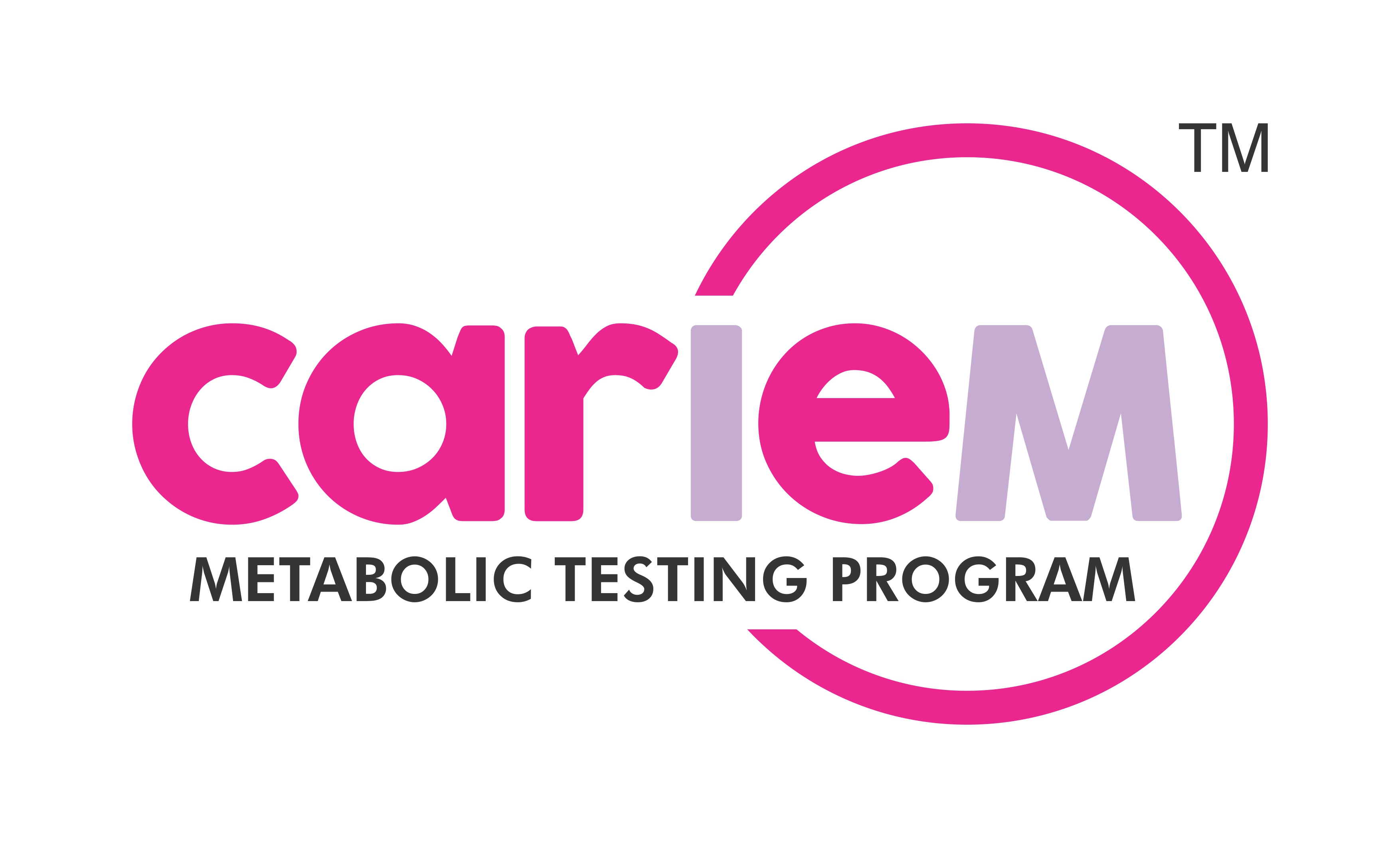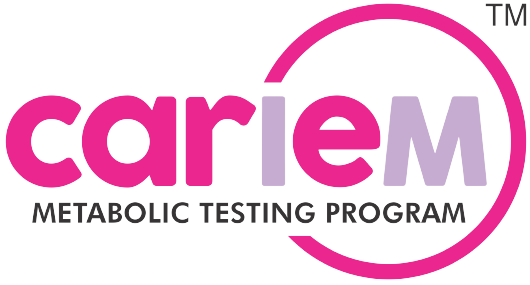Lilac Insights


 Metabolic Testing Program
Metabolic Testing Program
carIeM metabolic testing program is curated to meet all the needs of the patient from Inborn Errors of Metabolism (IEMs) screening to management, supported by an expert team of Metabolic Genetic Experts having a combined experience of more than 40 years in the diagnosis and management of IEMs.
Metabolic tests are required to be done on different patients like neonates (newborn baby), children and adults for the identification of metabolic disorders.
carIeM metabolic testing program covers screening, diagnosis, consultation and management of inherited metabolic disorders or Inborn Errors of Metabolism (IEMs).
carIeM metabolic testing program has a multidisciplinary team of experts including Metabolic Geneticists, Metabolic Dietitian, and Genetic Counselors to aid you in diagnosis and management of Metabolic Disorders or IEMs.
Incidence of metabolic disorders around the world is as high as 1:1350. In India 1 in every 1000 newborns suffer from IEMs. According to the various reports, out of about 27 million births in India annually, 3.5 lakh babies are born with Glucose-6-Phosphate Deficiency (G6PD), and 15000 are born with congenital hypothyroidism and many more with other metabolic disorders
Ref: National Neonatology Forum (NNF) Clinical Practice Guidelines on NBS
Metabolic testing includes advanced biochemical testing and Newborn screening (NBS).
Newborn Screening
Newborn Screening covers the most common 7 Inborn Errors of Metabolism or Metabolic Disorders which are most prevalent in India and are treatable along with hemoglobinopathies.
Newborn Screening (NBS) is done for newborn babies preferably within 3-7 days of birth.
Advance biochemical testing
Advance biochemical testing is done in newborns with signs and symptoms suggestive of metabolic disorders, critically ill child in NICU/ PICU settings and in chronic cases of known metabolic disorders.
These tests include advanced metabolic tests like GC-MS, disorder specific panels and molecular tests. Which are done as confirmatory or diagnostic tests for IEMs.
Metabolic testing (metabolic genetic testing) has the potential to identify the risk of certain metabolic conditions before the appearance of clinical symptoms and the majority of these conditions can be managed and are treatable.
Early identification of these disorders can lead to early management ensuring a healthy future for the baby.
 Newborn Screening Panel
Newborn Screening Panel
(Sickle Cell Anemia, Sickle Cell Disease, S-Beta Thalassemia & Hb Variants)
+
+
carIeM Advance Metabolic testing panel:
| Comprehensive metabolic disorder panel | Urine Gas chromatography – mass spectrometry | Amino acid, Organic Acid and Fatty Acid disorder panel | Galactosemia Panel |
| Lysosomal storage disorders panel | Peroxisomal disorders panel | Mucopolysaccharidosis (MPS) panel | Molecular genetic testing like Next Generation Sequencing (NGS) or exome based examination |
Metabolism is a chemical reaction occurring in the human body for the breakdown of food to release energy and converting chemicals into other functional molecules.
Metabolic disorders occur when the chemical reaction doesn’t end-up with appropriate functional molecules or due to insufficient enzymes produced by single gene disorders. Resulting in hundreds of inborn errors of metabolism experienced in newborn/ childhood/ adulthood.
Metabolic genetic testing from carIeM metabolic testing program can be done within 3-7 days after baby’s birth which is commonly known as Newborn Screening. Metabolic screening can be offered to a critically ill child and anytime in chronic cases.
For more information: You can opt for pre-test counselling with our genetic counsellor or consult your doctor.
You can Contact us by dialling +91 22 4184 1438
Metabolic testing is done for inherited genetic metabolic disorders that result in metabolism problems which may or may not be running in the family. There are hundreds of different genetic metabolic disorders and their symptoms, treatments and prediction of the disorder vary widely.
Metabolic disorders require early detection which in turn leads to an early understanding about the problem, prediction, and early prevention. The Metabolic disorders if identified early can be managed more effectively hence early identification is the key in management of these disorders.
Newborn Screening refers to the process where babies are subjected to a simple blood test on the day or few days after birth to see if they have a metabolic disorder.
The conditions screened for in Newborn Screening (NBS) may be life-threatening and/or cause intellectual disability or physical disability. These conditions are often referred to as inborn errors of metabolism.
carIeM offers Newborn screening for almost all known metabolic genetic disorders.
The testing requires peripheral blood, urine and cerebrospinal fluid (CSF) of the baby/ child.
The test requires blood sample through a simple heel prick method where a few drops of blood is collected from the heel of the newborn on a dry blood collection paper/ form.
There is no risk associated with heel prick while blood sample collection for metabolic testing.
*A minor redness or swelling can appear at the spot of blood collection in a rare case which can be managed easily.
A test result in metabolic testing is either Negative or Positive.
A negative result means that all the parameters checked for, fall in the specified normal range which indicates that the child has less chances of having a particular disorder.
A positive result means that at least one of the testing parameters fall outside the specified normal range. A positive result does not mean that a child definitely has a disorder, but it indicates that further confirmatory testing needs to be carried out.
If the child does have the disorder, quick follow-up testing can allow treatment or management.
Most common inborn error of metabolism that are tested in Newborn Screening include Congenital Hypothyroidism, Congenital Adrenal Hyperplasia, G6PD deficiency, Galactosemia, Biotidinase deficiency, Cystic Fibrosis, and Phenylketonuria along with other Metabolic disorders.
Metabolic testing is mainly done for inherited genetic disorders like:
Metabolic disorders lead to irreversible damage causing lifelong impairment, mental retardation and may even lead to sudden newborn/ infant death which in turn leads to worries and fear amongst parents and also may lead to irreparable changes in the development of the child. Certain precautions should be taken for the child having metabolic disorders.
For eg: All dairy products should be avoided for a child/patient suffering from Galactosemia.
Treatment and management of metabolic genetic disorders are designed to improve particular signs and symptoms associated with the disorder which may help prevent future complications.
Management approaches vary by disorder and are specific to an individual's health needs.
Treatments sometimes include dietary changes or replacement of the particular enzyme that is missing which is known as enzyme replacement therapy.
Avoiding certain substances in the diet can help prevent the accumulation of potentially toxic substances that are normally broken down in the body.
For more information: You can opt for post-test counselling with our genetic counsellor and metabolic dietitian or consult your doctor.
To reach out Contact us or Dial +91 22 4184 1438
As Lilac Insights is a market leader, there is a high chance that your doctor is already availing any of our services. In the event your doctor is not familiar with Lilac Insights, you may provide us with your doctor’s details & we will get in touch with them to facilitate your metabolic genetic testing.
You may also Contact us & we will guide you through the process.
Or Dial +91 22 4184 1438